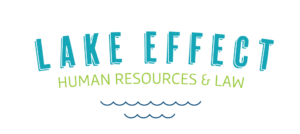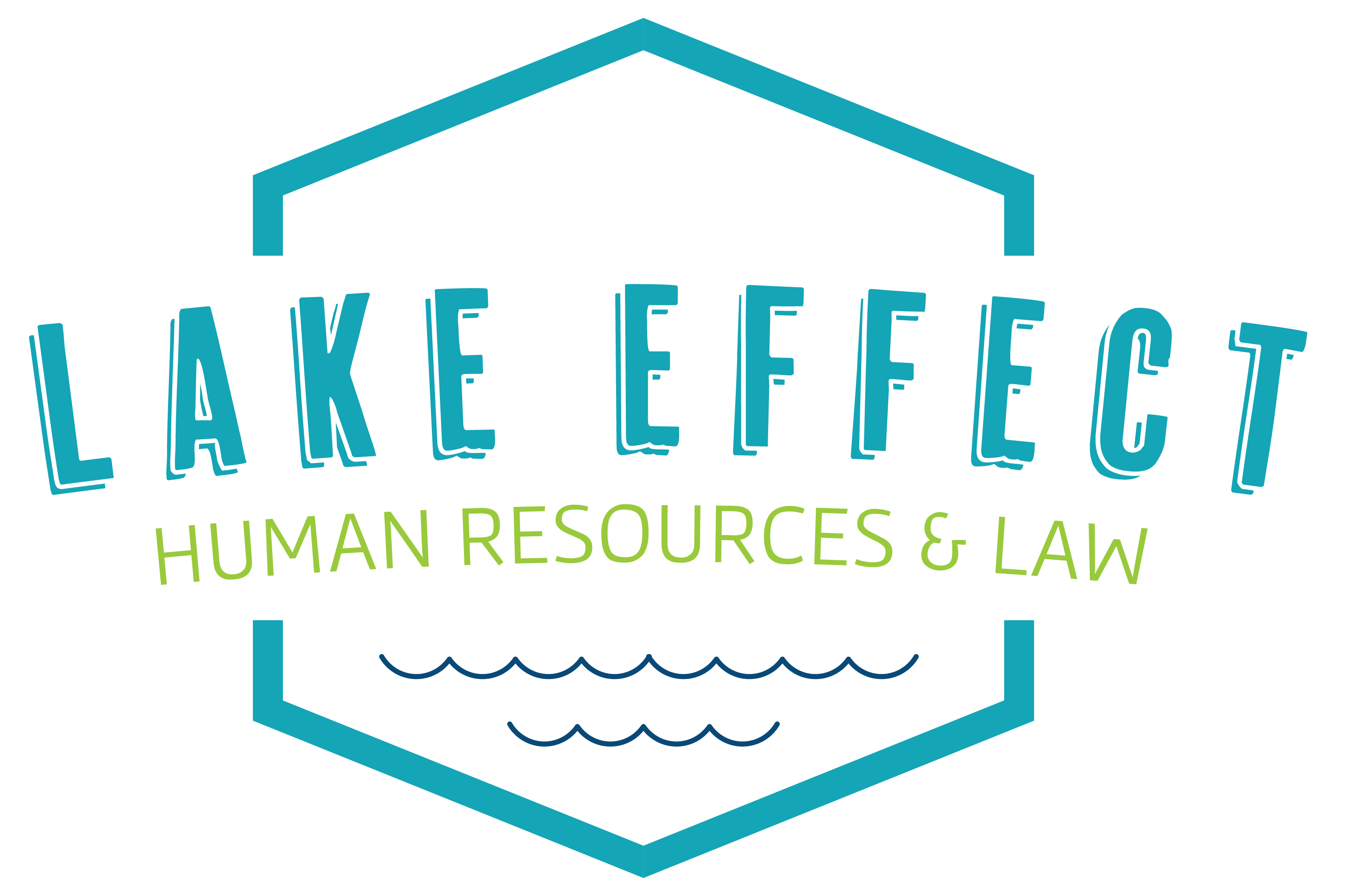Last Friday, April 17, 2020, the EEOC updated its Technical Assistance Q&As about COVID-19 and the ADA, the Rehabilitation Act, and other EEO laws. The updated Q&As reiterate prior guidance and offer some new information. Key provisions for employers include the following:
- Disability-related inquiries and exams
- During the pandemic, employers may ask employees if they are experiencing symptoms of COVID-19, such as fever, chills, cough, shortness of breath or sore throat. Employers should rely on CDC and other public health authorities for guidance on additional, emerging symptoms which may be associated with COVID-19. Such new symptoms may include a loss of smell or taste, as well as gastrointestinal problems. (See A.1-A.2)
- Employers may measure employees’ body temperature at work and maintain a log of its results. See below regarding maintaining the confidentiality of such information. (See A.3, B.2)
- Employers may require employees with symptoms of COVID-19 to leave the workplace and/or stay home. (See A.4)
- Confidentiality of Medical Information
- Employers must maintain all information about employee illnesses, including body temperature logs, separately from personnel files. Such information must be maintained as confidential medical records in compliance with ADA. All medical information relating to COVID-19 may be stored in employees’ existing medical files. (See B.1)
- An employer may disclose the name of an employee with COVID-19 to a public health agency. (See B.3) Note that this does not include disclosure of the employee’s name to co-workers.
- A staffing agency or contractor who learns that one of its temporary workers has COVID-19 may notify and disclose the name of that temporary worker to the employer where the worker has been placed. (See B.4)
- Hiring and Onboarding
- An employer may screen job applicants for symptoms of COVID-19 and take applicants’ body temperatures after making a conditional job offer, as long as it does so for all entering employees for the job. (See C.1-C.2)
- If an employer needs an applicant to start immediately, but the applicant has COVID-19 or related symptoms, the employer may withdraw a job offer to the applicant. An employer may not withdraw a job offer simply because an applicant is age 65 or older or pregnant and is at increased risk for COVID-19. The employer may propose telework or delaying a start date. (See C.4-C.5)
- Reasonable Accommodation
- Employers may be required to consider reasonable accommodations that can offer protection to an individual at increased risk for COVID-19 in the workplace if they do not cause undue hardship to the employer. Flexibility by both employers and employees is key in assessing potential accommodations. Keep in mind that federal agencies are encouraging employers and employees to engage in discussions and come up with creative solutions to foster the ability to work. (See D.1)
- An employee whose preexisting mental illness or disorder is exacerbated by the pandemic may be entitled to a reasonable accommodation, absent undue hardship. Likewise, an employee who was receiving a reasonable accommodation prior to the COVID-19 pandemic may be entitled to an additional or altered accommodation, absent undue hardship. (See D.2, D.4)
- If an employee requests a reasonable accommodation during the pandemic, the employer may still request information to determine whether the employee has a covered “disability” under the ADA. The employer may also engage in the interactive process and request information about why an accommodation is needed. (See D.5-D.6)
- During the pandemic, where an employer may have limited time to discuss accommodation requests, an employer may forgo or shorten the interactive process and provide a temporary accommodation to an employee. The employer may also provide a requested accommodation on an interim or trial basis, or place an end date on the accommodation. (See D.7)
- Circumstances created by the pandemic are relevant to determining whether a requested accommodation will cause significant difficulty or expense for an employer and, thus, pose an undue hardship. An employer’s difficulty in acquiring or providing certain accommodations, sudden loss of income stream, or reduction in discretionary funds due to the pandemic are relevant considerations in assessing whether a requested accommodation imposes an undue hardship, meaning significant difficulty or expense. (See D.9-D.11)
- Pandemic-Related Harassment
- Employers can minimize pandemic-related harassment by reminding employees that fear of the pandemic should not be misdirected against individuals because of any protected characteristic, including national origin or race. This holds true even when employees are teleworking or still working on site during the pandemic. As workplaces reopen or return to full operations, employers should reiterate prohibitions against all forms of harassment and discrimination and train managers to watch for and report any issues. (See E.1-E.2)
- Return to Work
- When employees begin to return to the physical workplace, employers can implement screening measures (i.e. take temperatures, ask questions about symptoms) as long as they are consistent with advice from the CDC and public health authorities regarding that type of workplace at that time. (See G.1)
- Employers may need to consider requests for modified protective gear as reasonable accommodations when employees with disabilities or who wear certain clothing as part of their religious observation return to the workplace.
The legal and HR team at Lake Effect is closely monitoring the impact of COVID-19 on the workplace and will continue to provide our clients with updates as they are available. Check out our COVID-19 resource page for all of our pandemic-related legal updates and HR best practices. The attorneys and HR professionals at Lake Effect HR & Law are ready and willing to help. Contact us at info@le-hrlaw.com or 1-844-333-5253.




